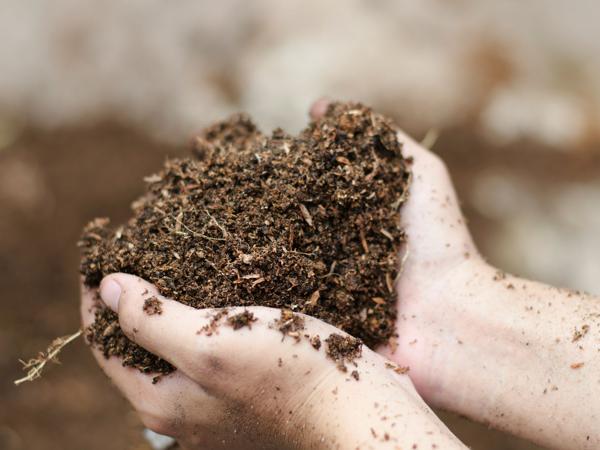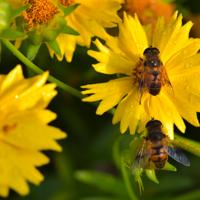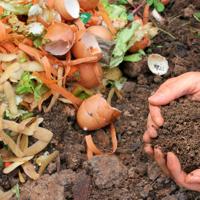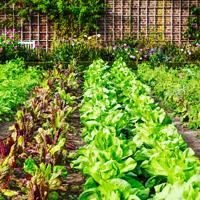Improving soil fertility is a rewarding journey. It aligns perfectly with sustainable gardening goals, enhancing our garden-to-table lifestyle in an eco-friendly manner. Here, we’ll discuss some gentle methods to enrich your soil naturally.
Understanding Your Soil
First, get to know your soil. Is it sandy, clayey, or loamy? Conduct a simple soil test to check its pH levels using a home test kit or by sending a sample to a local extension service. Understanding these basics helps tailor your approach, ensuring it aligns with the unique characteristics of your garden.
Organic Matter is Key
Incorporate organic matter like compost, aged manure, or leaf mold to boost soil fertility. These materials decompose over time, releasing nutrients slowly. Compost, in particular, is a versatile option, recycling kitchen waste and garden debris into rich humus.
Benefits of Compost:
- Improves soil structure
- Enhances water retention
- Supports beneficial microorganism growth
According to the USDA, the continuous application of organic matter can also help sequester carbon, contributing to climate change mitigation (USDA, 2021).
Crop Rotation and Cover Crops
Rotate your crops yearly to prevent nutrient depletion. Different plants absorb varying nutrients and have unique rooting characteristics. By rotating, you reduce soil-borne diseases and pest buildup.
Cover crops, like clover or vetch, can play a vital role between growing seasons. These plants add nitrogen to the soil and prevent erosion. Once you till them into the soil, they act as green manure, enriching the soil effectively.
Harnessing Companion Planting
Plant neighbors wisely. Certain combinations can enhance growth and soil health. For instance, legumes like beans and peas fix nitrogen in the soil, aiding the growth of adjacent plants. Marigolds can help deter nematodes and other pests, indirectly protecting soil health.
Natural Amendments
Consider natural soil amendments to balance nutrient levels. For soils lacking in specific nutrients, you might explore:
- Bone Meal: High in phosphorus, great for root and flower development.
- Wood Ash: Raises pH and adds potassium.
- Eggshells: Provide a calcium boost when crushed finely.
Remember to use these amendments thoughtfully, based on soil test results.
Encourage Earthworms and Microorganisms
Healthy soil teems with life, including earthworms and microorganisms. These creatures aerate the soil and decompose organic matter, making nutrients more accessible to plants.
Keep your soil covered with mulch or organic matter to create a hospitable environment for these organisms.
Mulch Matters
Applying a layer of organic mulch, like straw, grass clippings, or shredded leaves, can conserve soil moisture and regulate temperature.
Mulch prevents weed growth, reducing competition for soil nutrients. As it breaks down, it also adds to the organic matter content of the soil.
Limit Tillage
Consider limiting how often you till your garden. While tilling can help mix in organic matter, it can also disrupt soil structure and microorganism habitats. No-till or reduced-till practices help maintain soil integrity and health over time.
Conclusion
Improving soil fertility naturally is an ongoing process. It’s about making mindful choices that benefit both your garden and the environment. By embracing these practices, you foster a thriving garden that supports a sustainable lifestyle. Each garden is unique, and taking small, steady steps can lead to significant long-term benefits.
Feel free to share your own experiences or tips in the comments. We’re all here to learn and grow together in our sustainable gardening journey.




